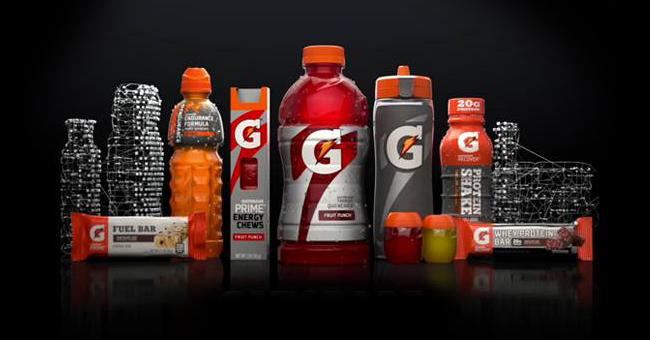SEC Looking Into National Beverage
With sales for LaCroix maker National Beverage Corp rocketing upward, the company has a lot to brag about. But now, some of the claims made in the company’s loquacious press releases have caught the attention of the U.S. Securities and Exchange Commission (SEC), according to a report in the Wall Street Journal.
The SEC has asked the company to explain what National Beverage CEO Nick Caporella meant when he claimed in two recent press releases that the company had “magnified” proprietary sales metrics to generate rapid growth. A May 4, 2017 release stated “National Beverage employs methods that no other company does in this area — VPO (velocity per outlet) and VPC (velocity per capita).”
On May 5, 2017, the company released a second statement stating its VPO calculator is “flashing solid green numbers as we bring FY2017 to a close.”
The company has refused to disclose sales figures with the SEC, with controller Gregory Cook calling the information “as secretive as the formulas of our beverages.” He added that the metrics are “used to set goals for certain customers and not for the company as a whole,” according to the Wall Street Journal.
California Decides Coffee Doesn’t Cause Cancer After All
California’s Office of Environmental Health Hazard Assessment (OEHHA) has overruled a March court decision that said that a trace presence of carcinogen acrylamide in roasted coffee beans would require businesses to provide cancer warning labels in accordance with the state’s Proposition 65 health regulations.
“Coffee, a unique and complex chemical mixture made from the roasted seeds of the coffee plant, contains many different compounds, including carcinogens listed under Proposition 65, and anticarcinogens,” the OEHHA said in a statement. “The International Agency for Research on Cancer (IARC) — the only Proposition 65 authoritative body to have evaluated coffee — concluded that coffee consumption is not classifiable as to its overall carcinogenicity and is associated with reduced risk of certain cancers in humans.”
According to Eater, the original court decision had prompted backlash from coffee makers including Starbucks, Keurig Green Mountain, and Folgers, who said previous court cases has already proved that coffee does not contain dangerous levels of acrylamide.
Seattle Scraps Head Tax After Pressure from Amazon, Starbucks
Just weeks after it was approved, the Seattle City Council voted earlier this month to repeal a controversial head tax on large corporations in the city which would have raised $47 million to help the city’s homeless population. Three councilmembers who had initially supported the tax flipped their votes in favor of repeal, according to The Huffington Post.
The swift repeal stems from pressure put on the city by Amazon and Starbucks, who steadfastly opposed the $275 per employee tax. Amazon had initially threatened to move local expansion projects to other cities in retaliation if the tax passed. A coalition of local business leaders, led by the conglomerates, collected nearly 45,000 signatures in favor of repeal — enough to put the measure on the November ballot. Public polling strongly favored repealing the tax, a factor in the Council’s decision to repeal.
According to The Seattle Times, the business lobby is now focused on influencing the November elections, where seven city council seats are up for election. Advocates for the tax now say its opponents should put forth a solution to the city’s rising homeless crisis.
Struggling Dairy Farmers Turn to A2 Milks
With traditional dairy sales in decline, some farmers have looked to new innovations in the category to boost their businesses. According to a report in The Morning Call, more farms are producing “A2” milk products, which do not include a protein believed to be the cause of many consumers’ digestive issues.
The A2 Milk company is one brand making national gains in this niche, but Pennsylvania farmers are seeking to provide their own lines. According to the report, the product has seen growth across local farm stores in the state and mainstream grocers are starting to embrace the product as well.
Gatorade Wins ‘Sports Fuel’ Trademark Case
Gatorade has been given the greenlight to continue using its “Sports Fuel” slogan in ad campaigns after a Chicago federal judge ruled in favor of the PepsiCo subsidiary earlier this month.
According to the Chicago Tribune, Chicago area nutrition firm SportFuel, founded in 1993, filed a trademark suit against Gatorade in 2016 after the beverage maker began calling itself the “Sports Fuel company” in advertisements the year prior.
U.S. District Judge Matthew Kennelly ruled that because Gatorade is using the term as a slogan and not a brand name it does not constitute trademark infringement. Kennelly also said evidence that Gatorade had knowledge of the SportFuel trademark was insufficient.


